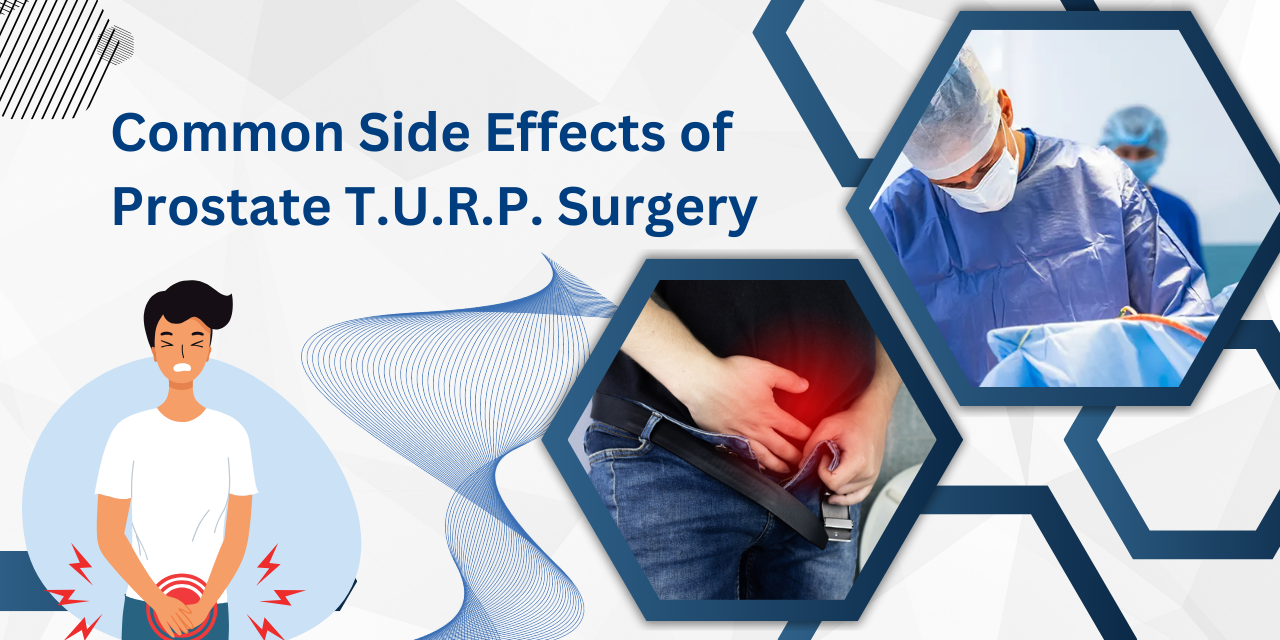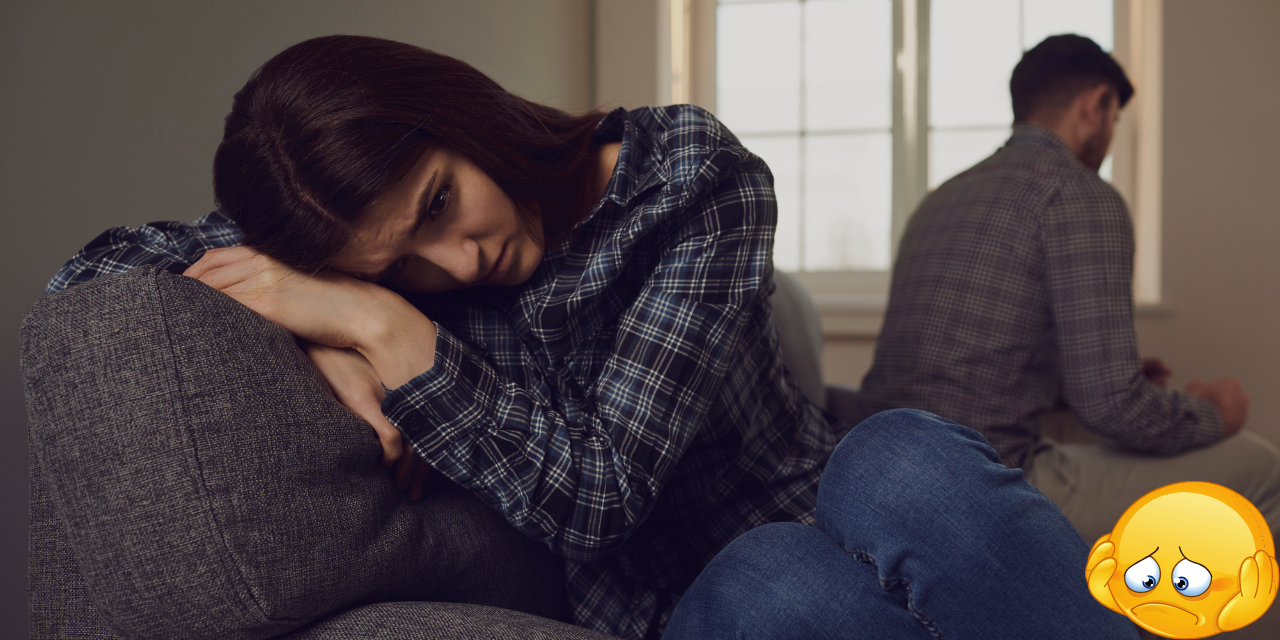Transurethral Resection of the Prostate (T.U.R.P.) is a widely used surgical procedure for treating benign prostatic hyperplasia (BPH), a condition where the prostate gland enlarges and causes urinary problems. While T.U.R.P. is generally effective in relieving symptoms and improving quality of life, it’s important for patients to be aware of potential side effects. In this article, we’ll discuss the common side effects of T.U.R.P. surgery, particularly for those considering prostate surgery treatment in Panchkula.
Understanding T.U.R.P. Surgery
T.U.R.P. involves inserting a resectoscope through the urethra to remove excess prostate tissue. This procedure is performed under anesthesia and is minimally invasive compared to open surgery. Despite its benefits, patients may experience certain side effects during the recovery period.
Common Side Effects of T.U.R.P. Surgery
- Urinary Frequency and Urgency
After T.U.R.P., it is common to experience frequent urination and a sudden urge to urinate. This occurs because the bladder and urethra need time to adjust after the removal of prostate tissue. Patients undergoing prostate surgery treatment in Panchkula should be prepared for a period of adjustment and follow their urologist’s advice to manage these symptoms. - Dysuria (Painful Urination)
Pain or discomfort during urination, known as dysuria, can occur after the procedure. This side effect is usually temporary and should diminish as the healing process progresses. Patients should stay hydrated and avoid irritants like caffeine and alcohol to help ease this discomfort. - Blood in Urine
It is normal to see blood in the urine (hematuria) for a few days following T.U.R.P. This is a result of the surgical procedure and typically resolves within a week. If bleeding persists or becomes severe, it’s essential to contact a healthcare provider. - Erectile Dysfunction
While rare, some men may experience erectile dysfunction after T.U.R.P. This side effect can be distressing, but many patients find that their sexual function improves over time. Consulting with a specialist in prostate surgery treatment in Panchkula can provide strategies and treatments to address this issue. - Retrograde Ejaculation
Retrograde ejaculation, where semen enters the bladder instead of exiting through the penis during orgasm, is another possible side effect. Though it does not affect sexual pleasure, it can impact fertility. Discussing this potential side effect with a urologist before the procedure can help set appropriate expectations. - Urinary Incontinence
Some patients may experience temporary urinary incontinence or leakage following T.U.R.P. This side effect usually improves as the body heals and can be managed with pelvic floor exercises and lifestyle adjustments.
Managing Side Effects
TURP surgery is a well-established and effective treatment for BPH, offering significant relief from symptoms. However, being informed about the common side effects, such as urinary incontinence, retrograde ejaculation, and potential complications, can help patients make more informed decisions and manage their recovery better. For personalized advice and to address any concerns, consult with Dr. Sunil Malhotra at Malhotra Hospital & Orthopedic Centre, a leading expert in prostate health. For more information or to schedule a consultation, please contact us at +917302217302.













